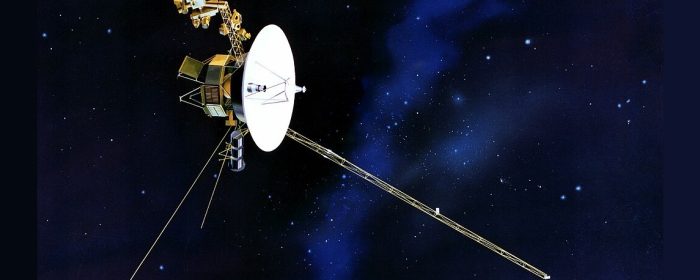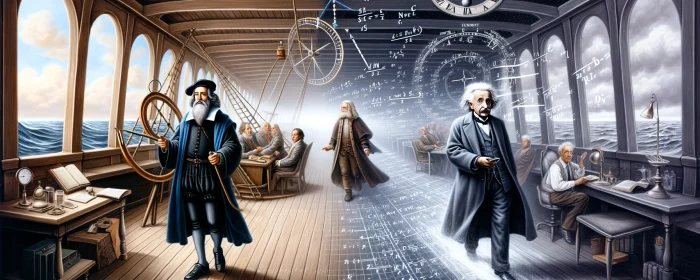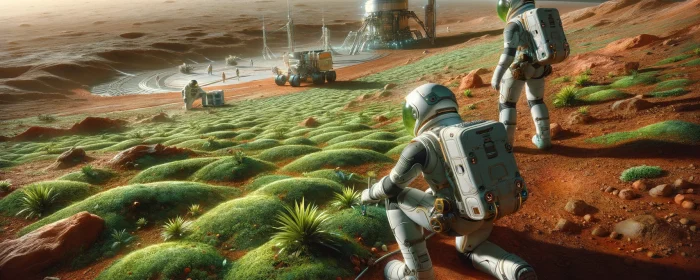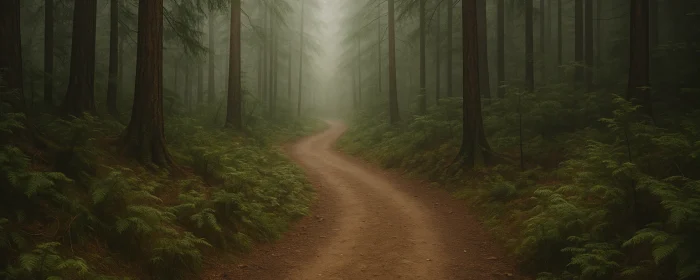WWB Season 6: Cognition and Ideas
S6: Cognition and Ideas
36 Hot Topics/9 Quotes:
In Season 6, we dive into the fascinating intricacies of human cognition and ideas. Explore how our minds operate, the subtle ways biases and cognitive shortcuts shape our thoughts, and why we perceive and interpret reality the way we do. You’ll gain powerful insights into the quirks of human psychology and the importance of sharpening critical thinking skills to navigate an increasingly complex world.
Then, journey deeper into profound philosophical and historical insights, from the enduring mysteries posed by the Fermi Paradox and consciousness, to the transformative wisdom offered by foundational thinkers like Nietzsche and Socrates. Each one-minute lesson is crafted to enhance your understanding, inspire reflection, and reveal how past and present ideas shape our view of reality.













































